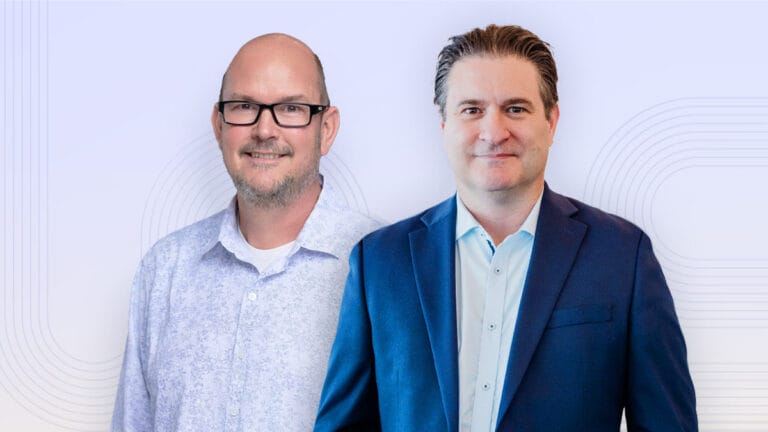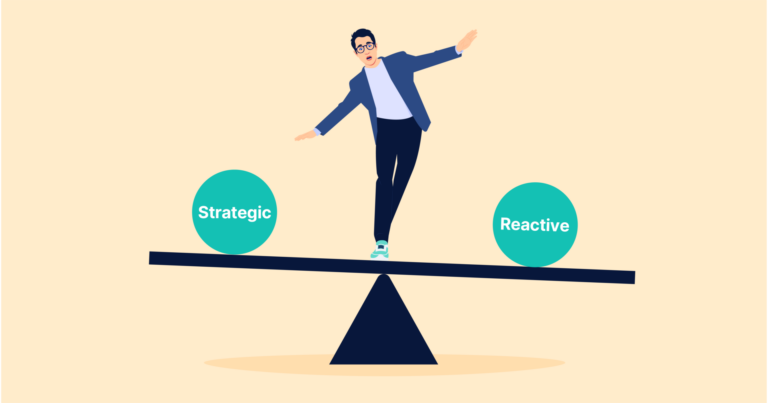
InView Magazine: Issue 7 out now!

The legal profession is no anomaly to this change, although sometimes it likes to think so. Legal AI and workflow systems now exist that have the capacity to change the way we practice law, creating more efficient and accurate legal practitioners.
Jason Xu, Junior Corporate Counsel, and Legal Operations at Veolia Australia and New Zealand, is all about embracing change to become a more agile legal practitioner. He talks about learning to be uncomfortable, skill sets for the modern lawyer, and lawyering better.
When faced with a lawyer who is averse to change, Xu has found it helpful to highlight the benefits that come with embracing change while also pointing out the disadvantages of remaining the same and operating from a place of stagnation. He says: “By explaining the logic behind the change and the benefits that’ll arise for the legal practitioner themselves as well as the broader business, I’ve been able to not only convince but motivate and even excite the lawyer-est lawyer to embrace change and be more agile.”
Change in this circumstance is often to do with technology. “Businesses have become increasingly technologically agile and operate in the digital space,” says Xu. “The COVID-19 pandemic exacerbated technological adoption as companies were forced to learn how to work effectively digitally. What this means for lawyers, and particularly in-house legal teams, is that they need to play catch up. If the company is driven by digital solutions, its legal team needs to be able to both understand how the wider business operates and adopt legal technology that is as efficient.”
.png)
According to Xu, a good example is how Veolia’s utilization of legal artificial intelligence to review low-value, mundane contracts in minutes, has created significant time savings and given the legal team more time to focus on high-value, more complicated legal matters.
The instant and most pronounced effect of technological change on the legal profession is an increase in efficiency. Defined as achieving maximum productivity with minimum wasted effort or expenses, efficiency in actuality will help the legal department to achieve maximum productivity with little wasted – not least – effort or costs, this is especially important in a world where in-house legal teams are being asked to do more with less.
Leveraging technology can be simple, and at little to no cost. Xu points out that basic changes to increase productivity can be as simple as building a legal request intake form on Slack or Airtable, using free tools like ‘Grammarly’ to help with checking for grammatical/typing errors in Microsoft Word and Google Docs, or harnessing LawVu to optimize the legal team’s workflow and pipeline.
“Once the legal team or business is ready, you can look towards legally tailored solutions that meet the logistic pain points of the team, such as matter/contract management and digitization, or e-billing. Then perhaps go down the path of integrating legal AI such as contract review software that aids the actual legal work itself.”
Xu also says, “lawyers need to learn to be comfortable being uncomfortable.” In other words, it is easy to find comfort within the logic and the confines of the law, yet this does not always serve the best interests of the wider business or clients. “For the legal team to deliver value, they must adapt to digital ways of working and realize that relying on email as a workflow tool, printing file after file and refusing to harness automation, is doing their clients and organization a disservice. The hard truth is no one wants to pay for a manual task that could be automated and save valuable time..
“Becoming technologically proficient will not be easy for every lawyer, and it falls on organizations to provide training for their legal team. What can be done on an individual level, however, is changing one’s perspective to one that is open to change.”
Xu’s passion for pushing oneself to be uncomfortable is the mindset that best serves change. “The reality is that operating in one’s comfort zone is often operating in a state of stagnation. When the nature of your work is to serve a client or business, seeking out ways to provide better services is crucial.”
What it means to be a lawyer today is vastly different to what it was 30 years ago. As such, recognizing the need to embrace technology to be more efficient, accurate and best serve one’s clients, is paramount.


